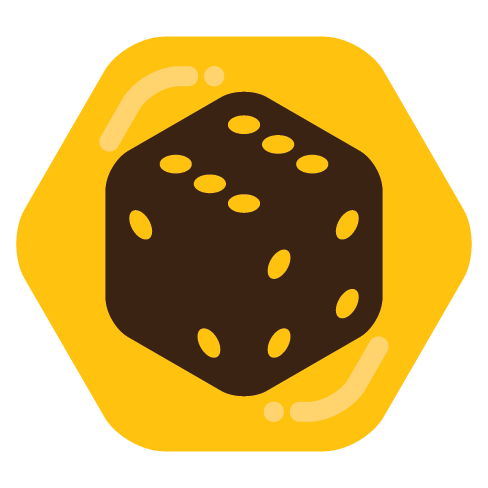I’ve been getting back into printing and painting D&D miniatures lately I’m not very good yet, but I felt like sharing some of the things I’ve learned.
Bearded Devils https://media.discordapp.net/attachments/635943923575160832/1129061019772256376/20230711_085409.jpg
I printed these from a Loot Studios 3d file I got a few years back. The skin is a basecoat of purple with a wash of Citadel Reiksland Fleshshade. I did not use primer, and time will tell if that was a mistake. For the clothing, I used a different color for each model, because I like color coding my enemies instead of numbering them. I used basecoats like Reaper Bleached Linen with a watered-down topcoat. I find that if you get the consistency right, watered-down acrylics act almost exactly like contrast paints, so that’s my go-to for fabrics.
A Bearded’s Devil’s beard is supposed to be prehensile and snakelike. I tried drybrushing, but it didn’t make the tentacles look slimy. I tried edge highlighting, but I don’t want to spend 30 minutes painting a monster that will die in 29. I settled on a base of lime green with a topcoat of watered-down Armypainter Angel Green, and while it’s a smidge messy, it’s the right ratio of effort to results for my taste.
Drybrushing added a bit of white to all the horns and sun-facing surfaces. I’m still getting the hang of drybrushing, so it looks a little dusty on some of them.
I wanted the ground to look like umber or lignite, so I used Citadel Contrast Wildwood directly on the grey resin. I’m very happy with the outcome. I think most people paint their bases before gluing the minis on, but I learned the hard way that you have to leave a bare patch for the feet or else the CA glue won’t stick.
The devil front-and-center is a lesson in persistence. Its entire left leg failed to print below the knee, but print failures are just kitbashes waiting to happen. Instead of throwing it out, I added a nail as a pegleg, glued down with a few dots of resin (stronger than CA glue, IMO). It’s now my favorite of the group. As I like to say, “Some resin and paint make me the printer I ain’t.”
Chain Devils https://media.discordapp.net/attachments/635943923575160832/1129061020388819105/20230707_174901.jpg
These were conceptually simple but technically challenging. I used Army Painter Pure Red as the basecoat and highlighted the chains in Leadbelcher, which was time consuming. The whole thing got drenched in Agrax Earthshade, which is my favorite way to make skin look dirty and metal look rusty. I think that making the Chain Devil look like a tetanus dispenser should a good way to prevent your players from calling them “chain daddies,” but we’ll see. I followed up with some Reaper Filigree Silver drybrushing to make some of the points look sharp.
I wanted the bases to look like mud or clay, and Snakebite on the bare grey resin accomplished just that.
Spined Devils https://media.discordapp.net/attachments/635943923575160832/1129061020091043911/20230707_174926.jpg
These were a ton of fun. A basecoat of purple, a wash with Agrax, and drybrushing with Army Painter Pure Red to put some blush on the spines. They come pretty close to the pictures in the book.
For the ground, I wanted chert or flint, something sharp and unpleasant like the creature itself, so I painted it matte grey and added white drybrushing to the edges.
Kobolds https://media.discordapp.net/attachments/635943923575160832/1129062753911459861/20230707_175014.jpg
These are Reaper Bones miniatures I’ve had around for a while. I spent way too much time painting because these models have so much personality I couldn’t help myself. Since Kobolds mostly wear skins, I made heavy use of Contrast Snakebite and Wyldwood, alternating basecoats for different color tones. The inventor’s wicker basket is Wyldwood directly on the white mini. I think some light drybrushing on the two on the right would help bring out their skin texture.
I’m pretty disappointed with the sorcerer’s fireball. It doesn’t seem very energetic. Some glow effects could help here, but I haven’t learned how to do object-source lighting yet, and these minis are punishingly tiny.
If anyone has advice or feedback, I’m all ears.


I meant the fireball itself! Object source lighting is tricky, and while I dabble in it, I don’t feel comfortable giving tips about it… But the yellow on the fireball can at least give it the effect of looking like it’s glowing :)